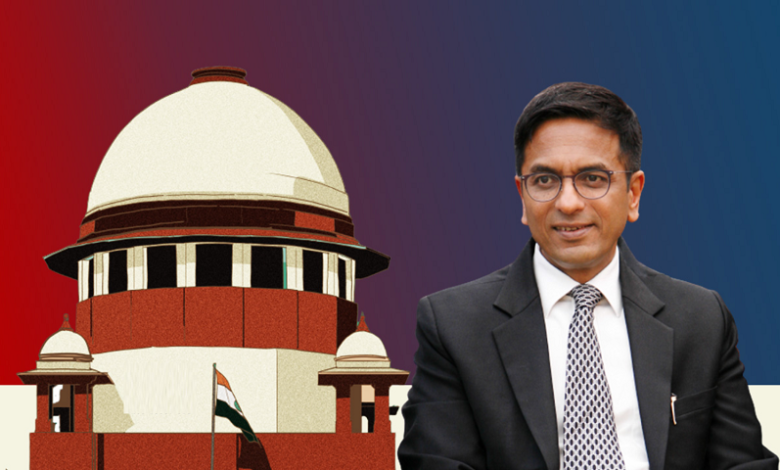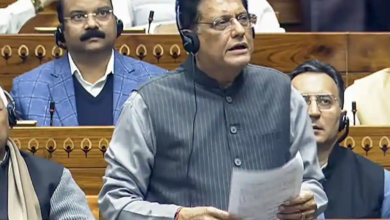
“That is why the 44th Amendment (which deleted many of the Emergency era amendments) came into being! To remedy all the evils,” the CJI answered.
The oral remarks from Chief Justice of India D.Y. Chandrachud, who is heading a seven-judge Bench, came after Solicitor General Tushar Mehta, appearing for the government, said he did not accept a 1981 amendment in the Aligarh Muslim University Act, conferring the varsity with minority status.
The Supreme Court on January 24 said the Parliament is a “supreme, eternal and indivisible entity in a democracy” and the Union government or its law officer cannot say they will not follow a law enacted by the Parliament.
The CJI said it would be “radical” for a law officer, appearing for the government, to refuse or disagree with a law validly passed by the Parliament.
“Parliament is indestructible, supreme and eternal irrespective of who forms the Union government… It is radical when a law officer for the government to say it does not stand by what the Parliament has done… How can you say you do not accept the validity of the amendment?” the CJI asked.
The Solicitor General pointed to the constitutional amendments brought in by the Parliament during the Emergency era curtailing freedoms and rights.






